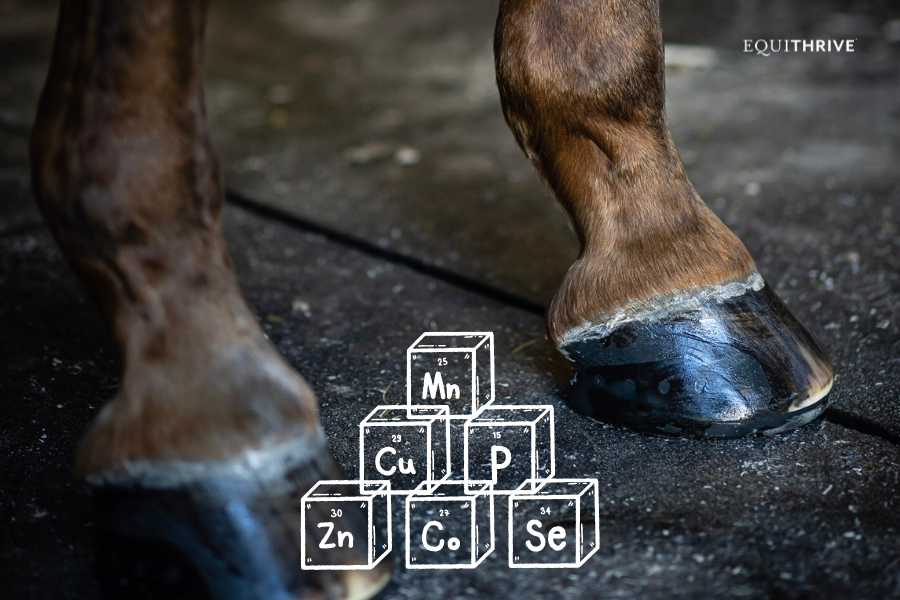
Trace minerals are essential nutrients for horses, but they can be difficult for their bodies to absorb and utilize. Chelated trace minerals, however, have a chemical bond that makes them much more bioavailable to the horse. Let's take a closer look at the importance of trace minerals in equine nutrition, and the benefits of using chelated trace minerals for horses over non-chelated.
The Importance of Trace Minerals in Equine Nutrition
Trace minerals play crucial roles in the health and well-being of horses. Some of the most common trace minerals found in equine products are iron, zinc, cobalt, copper, iodine, manganese, and selenium. The key functions of trace minerals in horses include:
- supporting a healthy immune system
- maintaining healthy bones and joints
- promoting a healthy nervous system
- supporting proper muscle function
- promoting healthy skin, hair, and hooves
While essential to the diet, trace minerals are present in small amounts in grains, pasture and hay. For this reason, it can be difficult for horses to obtain adequate amounts through diet alone, especially if they are fed a low-quality or limited diet. That's why many horse owners and trainers choose to supplement their horse's diet with trace minerals.
The Benefits of Chelated Trace Minerals in Equine Nutritional Products
Chelated trace minerals are minerals that are bonded with amino acids, making them more easily absorbed by the body. Some of the key benefits of feeding chelated trace minerals over non-chelated include:
-
Increased bioavailability: Chelated trace minerals are easier for horses to digest and absorb, which means that their bodies are able to utilize more of the minerals.
-
Better stability: Chelated trace minerals are less likely to react with other ingredients in the feed, which can reduce their effectiveness. This means that chelated trace minerals are more stable and provide consistent benefits over time.
- More bang for the buck: Non-chelated trace minerals can be lost through urine, feces, or in processing, which reduces their nutritional benefit. Chelated trace minerals, on the other hand, are less likely to be lost in these ways, which means that more of the minerals are available for the horse to use.
Bottom Line
Trace minerals play an essential role in equine health. If you're looking for an effecient way to supplement your horse's diet with trace minerals, chelated trace minerals offer several advantages over non-chelated trace minerals, including better bioavailability, stability, and at the end of the day, better results.


